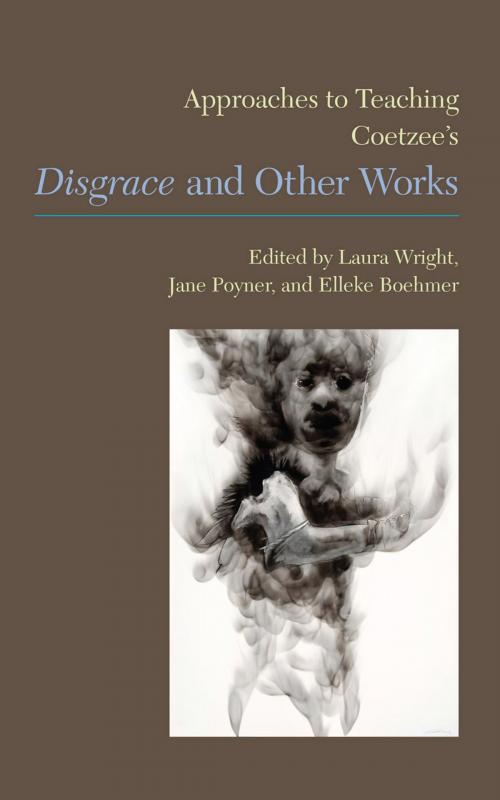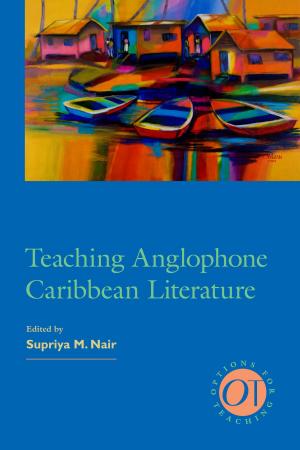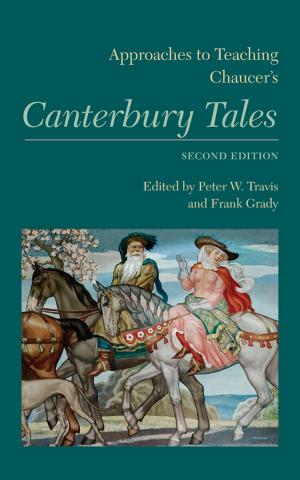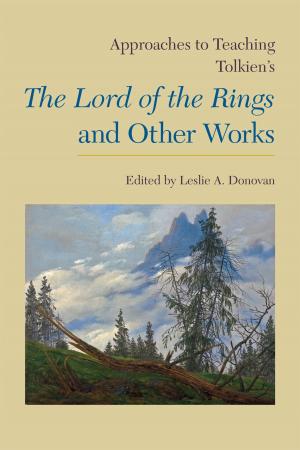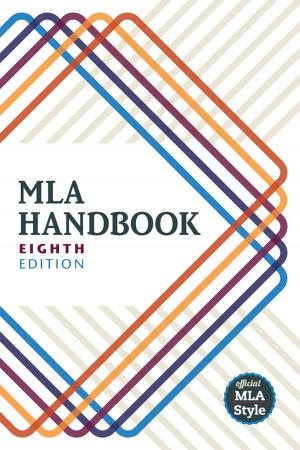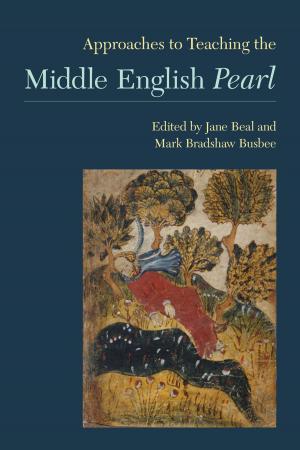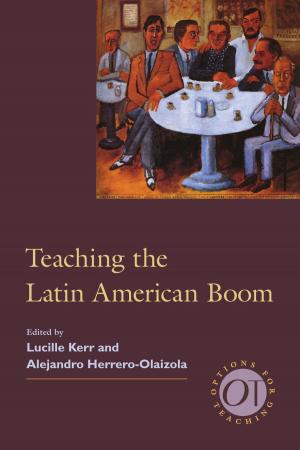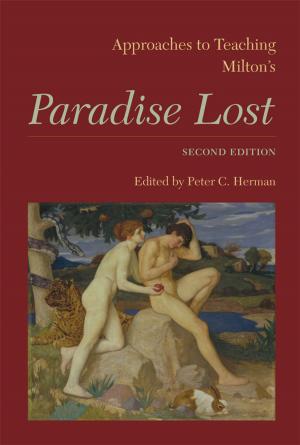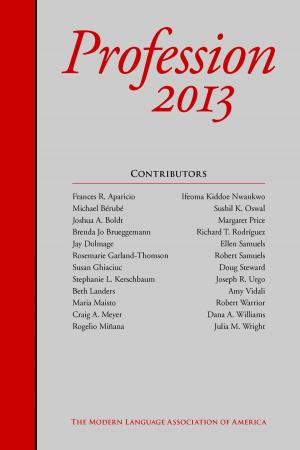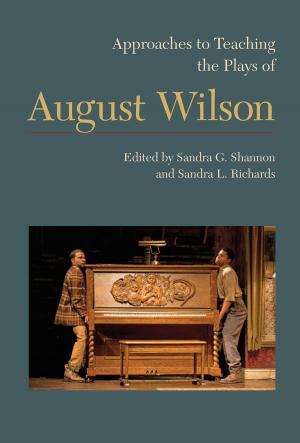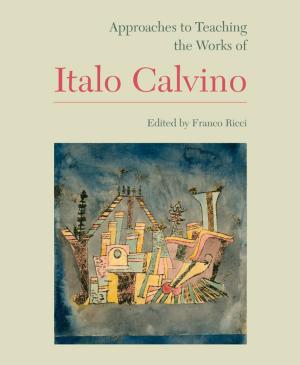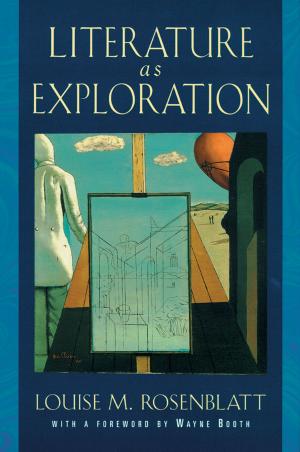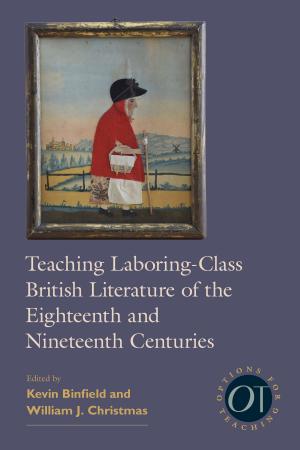Approaches to Teaching Coetzee’s Disgrace and Other Works
Fiction & Literature, Literary Theory & Criticism, African, Nonfiction, Reference & Language, Education & Teaching, Teaching, Teaching Methods| Author: | David Attwell, Rita Barnard, Michael Bell, Louise Bethlehem, Carrol Clarkson, Stephen Clingman, Emily Davis, Gerald Gaylard, Johan Geertsema, Martina Ghosh-Schellhorn, Erik Grayson, Patrick Hayes, Kay Heath, Keith Leslie Johnson, Patricia Merivale, Shannon Payne, Robert Spencer, Andrew van der Vlies, Pieter Vermeulen, Wendy Woodward | ISBN: | 9781603291774 |
| Publisher: | The Modern Language Association of America | Publication: | April 4, 2014 |
| Imprint: | The Modern Language Association of America | Language: | English |
| Author: | David Attwell, Rita Barnard, Michael Bell, Louise Bethlehem, Carrol Clarkson, Stephen Clingman, Emily Davis, Gerald Gaylard, Johan Geertsema, Martina Ghosh-Schellhorn, Erik Grayson, Patrick Hayes, Kay Heath, Keith Leslie Johnson, Patricia Merivale, Shannon Payne, Robert Spencer, Andrew van der Vlies, Pieter Vermeulen, Wendy Woodward |
| ISBN: | 9781603291774 |
| Publisher: | The Modern Language Association of America |
| Publication: | April 4, 2014 |
| Imprint: | The Modern Language Association of America |
| Language: | English |
The novels of the South African writer J. M. Coetzee won him global recognition and the Nobel Prize in Literature in 2003. His work offers substantial pedagogical richness and challenges. Coetzee treats such themes as race, aging, gender, animal rights, power, violence, colonial history and accountability, the silent or silenced other, sympathy, and forgiveness in an allusive and detached prose that avoids obvious answers or easy ethical reassurance.
Part 1 of this volume, "Materials," identifies secondary materials, including multimedia and Internet resources, that will help instructors guide their students through the contextual and formal complexities of Coetzee's fiction. In part 2, "Approaches," essays discuss how to teach works that are sometimes suspicious of teachers and teaching. The essays aim to help instructors negotiate Coetzee's ironies and allegories in his treatment of human relationships in a changing South Africa and of the shifting connections between human beings and the biosphere.
The novels of the South African writer J. M. Coetzee won him global recognition and the Nobel Prize in Literature in 2003. His work offers substantial pedagogical richness and challenges. Coetzee treats such themes as race, aging, gender, animal rights, power, violence, colonial history and accountability, the silent or silenced other, sympathy, and forgiveness in an allusive and detached prose that avoids obvious answers or easy ethical reassurance.
Part 1 of this volume, "Materials," identifies secondary materials, including multimedia and Internet resources, that will help instructors guide their students through the contextual and formal complexities of Coetzee's fiction. In part 2, "Approaches," essays discuss how to teach works that are sometimes suspicious of teachers and teaching. The essays aim to help instructors negotiate Coetzee's ironies and allegories in his treatment of human relationships in a changing South Africa and of the shifting connections between human beings and the biosphere.
